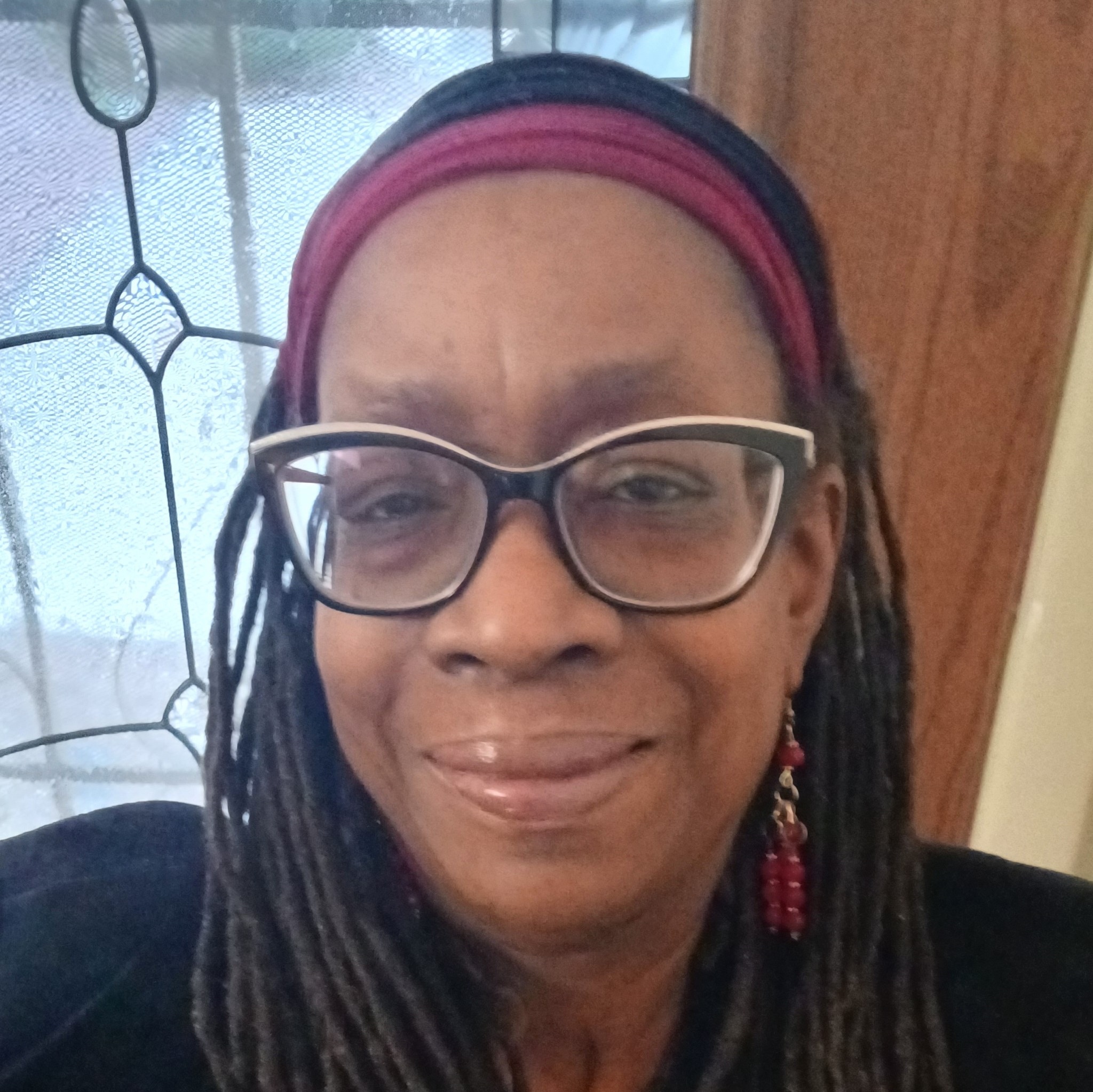Attention A T users. To access the menus on this page please perform the following steps.
1. Please switch auto forms mode to off.
2. Hit enter to expand a main menu option (Health, Benefits, etc).
3. To enter and activate the submenu links, hit the down arrow.
You will now be able to tab or arrow up or down through the submenu options to access/activate the submenu links.
Locator
Contact
Search
Employee Spotlight
November 10, 2024
Dr. Gloria Howze
Grant and Per Diem Liaison
Southern Nevada VA Healthcare System

This year, we’re spotlighting VA’s Housing First approach through a series of interviews with VA employees and taking a look at how they’re working to end Veteran homelessness through this approach. Learn more about Housing First.
Q: What does Housing First mean to you?
A: For me, it means that the primary aim is housing. Anything else that we're looking at—mental health, income, family issues, substance use treatment, or other areas—is always targeted to what we can do to help someone get housing.
VA now operates on a Whole Health concept, which includes physical, mental, and spiritual health. So yes, housing is the primary focus of the homeless programs and the Housing First approach, but as a Whole Health facility, we need to consider all the components of someone's life to help them to remain housed and stay on a holistic recovery journey.
Q: What do you think people get wrong about Housing First?
A: Housing First is not just finding a Veteran some place to live. It's getting them into permanent housing and helping them sustain it. If you don't consider all the components of a person's life—or help them to consider it—then more than likely, there is going to be some instability and it's going to have an impact on their housing.
Q: What are some of the challenges that resonate with you in implementing Housing First?
A: The toughest part is that our chronically homeless Veterans have more history of failure than success and have developed patterns of behavior.
As we remove barriers to getting them access to housing, the fear factor can come into play. Veterans realize they are about to be on their own in an apartment and won’t have the same level of support. I've seen many people self-sabotage when we’re almost at the finish line to be able to stay longer.
As social workers and homeless staff, we need to be sensitive to this fact and pre-plan with our Veterans how to overcome this barrier.
Q: What is your why for doing this work?
A: Since starting my career, I have wanted to help people who are making transitions. I’ve worked with everyone from adolescents to adults who get stuck for whatever reason—whether it’s trauma, internal or external influences, or physical or mental health.
It's very hard for them to pick up and move forward. When our Veterans come home, that transition is sometimes not properly assisted or handled, and they're in a cycle where they have a lot of losses.
If there's anything we can do to help, to be those bridge builders and help someone get through those transitions and have plans in place, I think it leads to a better quality of life. That's why I do what I do.





























